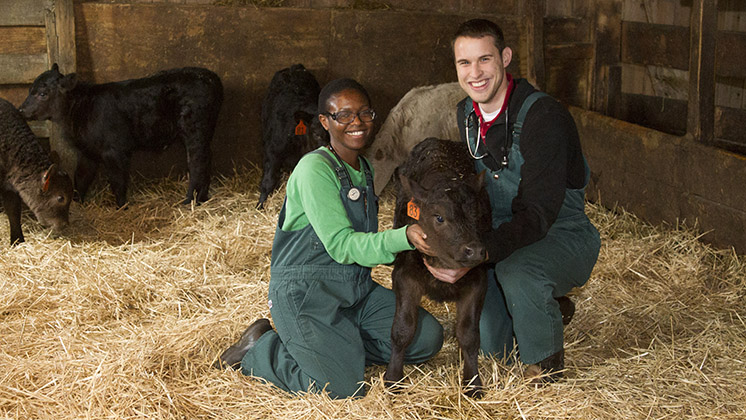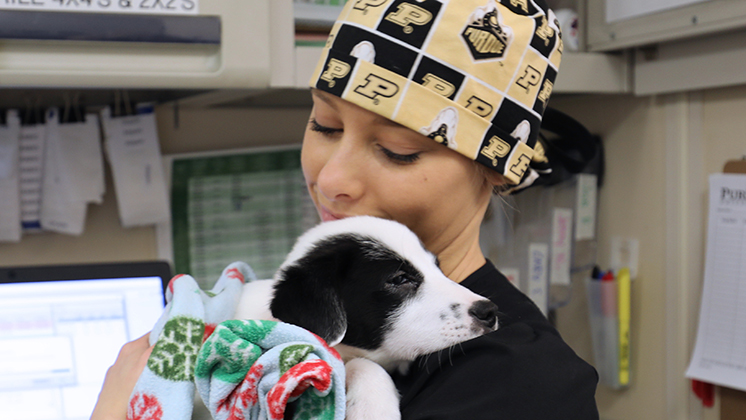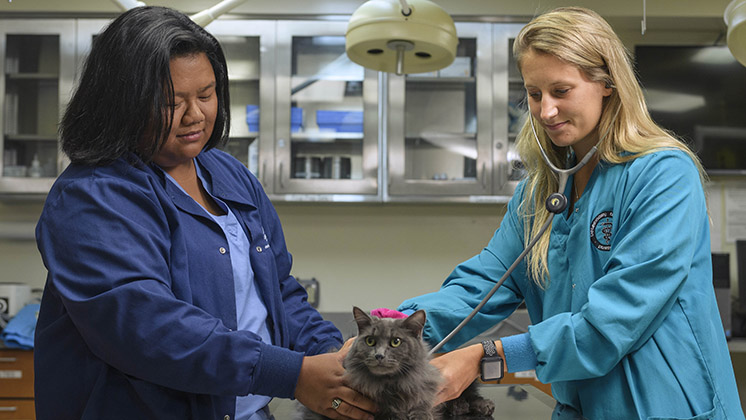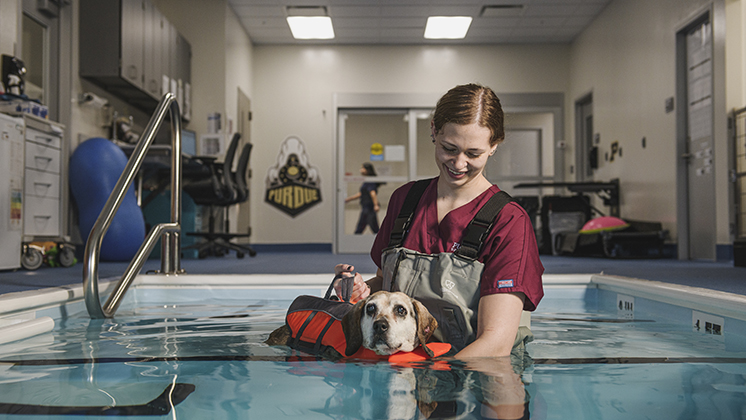
by Kelsey Wirt, MS, LVT and Josh L. Clark, MS, RVT
Becoming a veterinary technician, or vet tech, involves a combination of education, examination, and state-specific requirements. While there are several similarities from state to state for becoming a vet tech, the exact process can vary. Below is a general guide on what it takes to be a vet tech in each state.
In most states, the first step to becoming a vet tech is completing a post-secondary program in veterinary technology. It's important to choose a program that is accredited by the American Veterinary Medical Association (AVMA) to ensure that you'll be eligible for credentialing upon graduation. You can earn an associate’s degree or a bachelor’s degree in veterinary technology/nursing. Once you graduate and earn your degree, you will be eligible to take the Veterinary Technician National Exam (VTNE), a comprehensive exam administered by the American Association of Veterinary State Boards (AAVSB).
Decide how to choose the right vet tech program for you.
After passing the VTNE, vet techs must often meet additional requirements to become licensed, registered, or certified depending on their specific state. This usually involves submitting an application to the state's veterinary examining board along with proof of education and official VTNE scores. Some states may also require vet techs to pass a state exam. Once you are credentialed in your state, many states require continuing education hours to maintain your credentials. The number of hours and the specific subjects required can vary by state.
In an ideal world, being referenced as a vet tech would imply that a specific set of standards have been met. However, some states don’t actually require any specific degree or credentialing to call oneself a vet tech. This can create discrepancies in the standard of care that is provided to animals in a veterinary practice setting. This is a current issue in the industry that has resulted in many national and state groups working to standardize the requirements of being able to call oneself a vet tech. This can help ensure people are confident in the skills and abilities of those caring for their animals in this role.
In conclusion, while there are variations in the state by state requirements for becoming a vet tech, the general path involves earning a degree in veterinary technology, passing the VTNE, and meeting any additional state-specific requirements. With these steps, you can look forward to a rewarding career as a vet tech.
Find your calling as a Purdue Veterinary Nurse!
Not quite ready to apply? Connect with us to learn more.

Explore the physical and emotional challenges of being a vet tech, and discover effective strategies to manage and mitigate stress in this rewarding profession.
Read more
Explore this comprehensive guide to veterinary technician salaries, covering wages by experience, specialization, location, education, and facility type to help you plan your vet tech career.
Read more
Explore the detailed requirements for becoming a vet tech. Learn the importance of a degree, the nuances of credentialing, and the distinct state regulations. Can you become a vet tech without formal education? Discover the advantages and limitations of each pathway.
Read more